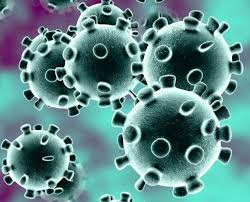We look a mutations, and how they might affect the effectiveness of vaccines.
In hopes of helping to make this very confusing time just a little less so, each week Bloomberg Prognosis is picking one question sent in by readers and putting it to an expert in the field. This week’s question comes to us from Oli in Capetown, South Africa. In both South Africa and the U.K., new variants of the coronavirus have been identified and appear to spread more quickly. These mutations have caused some concern. Oli asked:
“Viruses mutate all the time,” said William Schaffner, an infectious-disease specialist at Vanderbilt University in Nashville, Tennessee. The question, he said, is whether the pathogen has mutated enough that it is “sufficiently deviant” from previous iterations. The newly identified U.K. variant — known as B.1.1.7 — seems to be more contagious than other more-established strains. It also appears to be more genetically distinct. But more research will be needed to prove whether it’s in fact more contagious, as well as how it might affect vaccines.
“Our best estimates are that vaccines will continue to work in a very satisfactory fashion,” said Schaffner. For the virus to evade the vaccines currently authorized in the U.S., it would not only have to change significantly, but do so in one specific area of the virus, the spike protein that latches onto cells in the body.
Still, it’s not inconceivable that the virus could change enough that the vaccine would be less effective. In that case, said Schaffner, companies could have a new version of the vaccine ready in as little as six weeks.
Przemek
Współpracownik




